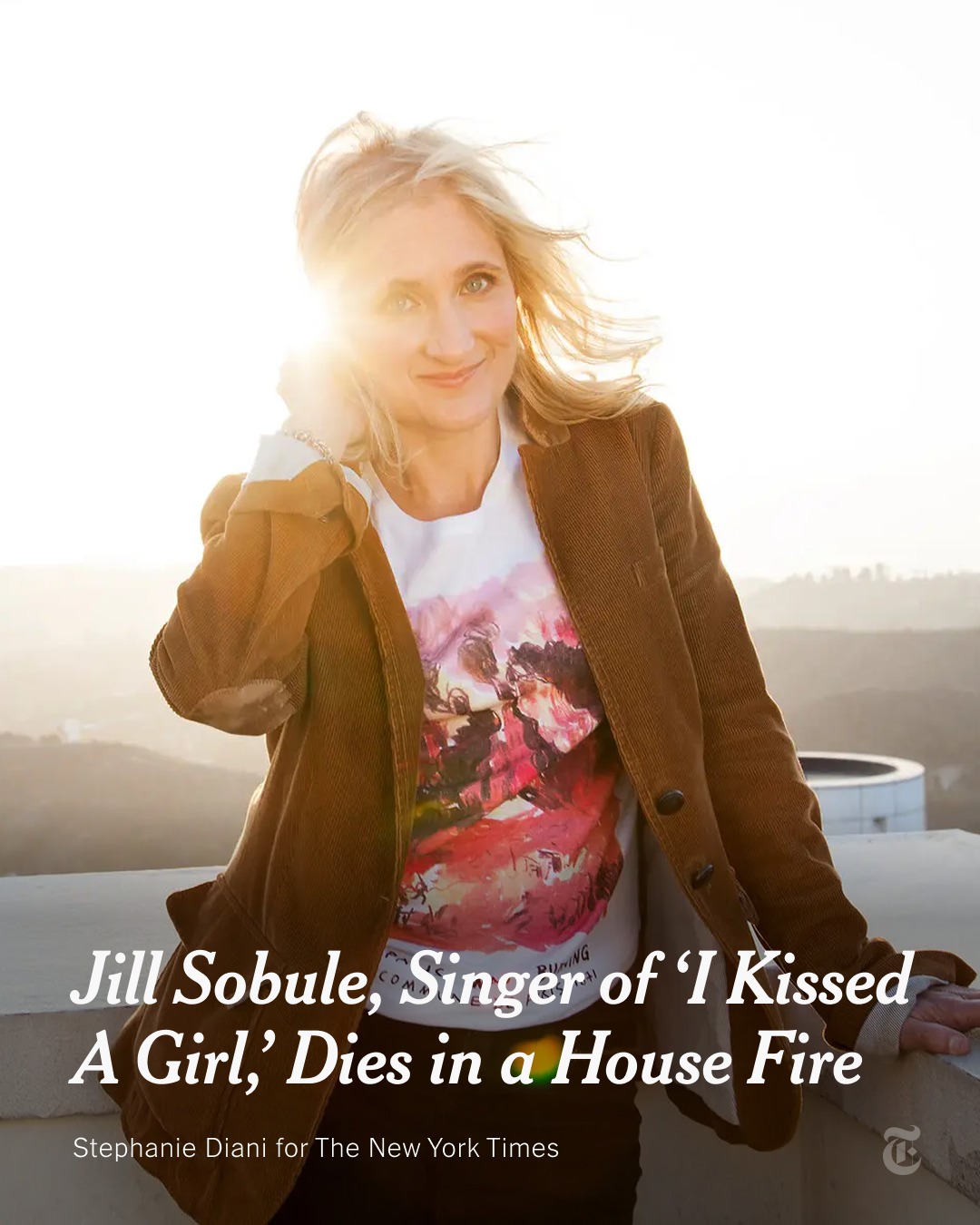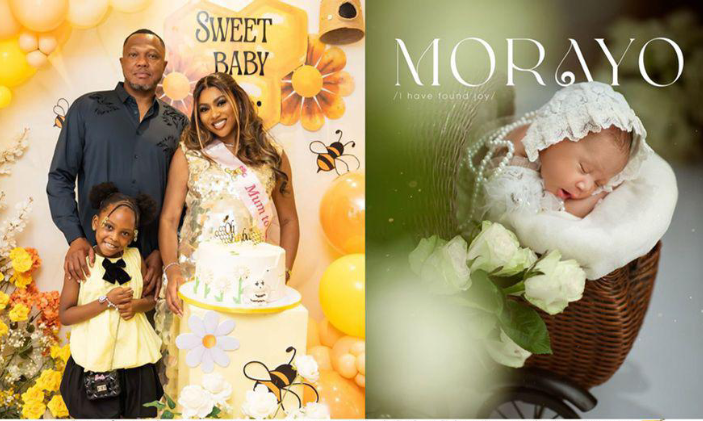
Farewell to a Trailblazer: Jill Sobule, Voice of a Generation, Dies in Tragic Fire at 64

The music world was struck by heartbreaking news this week as singer-songwriter Jill Sobule, widely recognized for her trailblazing voice in pop, queer representation, and social commentary, died in a devastating house fire in Minnesota. She was 64. Known for her 1995 breakout hits “Supermodel” and “I Kissed a Girl,” Sobule’s influence spanned more than three decades, weaving together music, advocacy, humor, and emotional honesty in a way few artists ever manage.
Authorities confirmed that the fire occurred in the early morning hours, and though investigations into the exact cause are ongoing, the loss of Sobule has already left a gaping hole in the hearts of fans and fellow musicians around the world. Tributes have been pouring in across social media, with fans remembering her not just as a hitmaker but as a voice of rebellion, vulnerability, and change.
Long before mainstream artists flirted with gender fluidity and queer themes, Jill Sobule did it with fearless charm and melodic wit. Her version of “I Kissed a Girl,” released in 1995, was groundbreaking in its gentle but unapologetic depiction of same-sex affection. Unlike the more provocative 2008 Katy Perry hit of the same title—which sparked widespread debate—Sobule’s song told the story of a real emotional connection between two women, making it one of the first openly queer songs to make waves in mainstream pop. She often reflected, with a mix of pride and exasperation, on the comparisons to Perry’s version, noting that hers had heart where the latter had gimmick.
Beyond that early fame, Sobule carved out a remarkable niche as a fiercely independent artist. She never fit the mold of a conventional pop star—and she never tried to. Her lyrics were always personal, clever, and socially aware. With every album she released, from Happy Town to Underdog Victorious, she stitched together stories that were deeply human, often autobiographical, and always refreshingly candid. Her fans—many of whom grew up with her songs as anthems for their own outsider identities—found comfort in her vulnerability and admired her refusal to be boxed in by industry norms.
What made Sobule exceptional was not just her music but how she used her platform. She was a pioneer of the crowdfunding model for music production, raising over $75,000 from fans to release her 2009 album California Years. At a time when the music industry was still clinging to old distribution models, Sobule saw the value in building direct relationships with her audience, trusting that they would support her art because of its truth and relatability. She proved that artists didn’t need a major label to be heard—they just needed integrity, consistency, and heart.
Sobule’s activism also extended far beyond her lyrics. Over the years, she became a fixture at benefits, protests, and campaigns that pushed for LGBTQ+ rights, gender equality, and mental health awareness. She was not an artist who dipped into causes when it was trendy—she was the cause. She lived what she sang. And she continued touring and performing long after her chart-topping days, appearing at intimate venues, house concerts, and indie festivals across the country, where she captivated audiences with her humor, storytelling, and honesty.
Her artistic curiosity led her to stretch beyond music as well. In recent years, she developed a one-woman show, blending song, spoken word, and personal narrative. The show, which earned critical acclaim, explored themes like aging, fame, womanhood, and resilience. Sobule was never afraid to reinvent herself, but she never lost sight of her roots either. She remained loyal to her guitar, her voice, and her truth.
Those who knew her speak of a woman who was equal parts brilliant and approachable, whose compassion for the misunderstood made her not just a musician but a mentor and friend. Fellow artists have described her as someone who made them feel seen. Her collaborators recall her creative generosity and quiet intelligence. For many young queer people coming of age in the ‘90s, Sobule was one of the only public figures singing songs that reflected their experiences, their love stories, their pain. She wasn’t just making music; she was making space.
Jill Sobule’s death comes as a cruel and sudden shock. In the age of fleeting internet stardom, she remained timeless—an artist who stayed relevant not through marketing tricks but by remaining honest and human. Her discography is not just a playlist but a diary, chronicling both personal growth and cultural change. From the biting satire of “Supermodel” to the poignant vulnerability of “Living Color,” her songs served as both entertainment and mirror.
As the music world mourns, the echoes of her guitar chords and cleverly penned lyrics ring louder than ever. The house fire may have claimed her life, but it cannot silence her legacy. Jill Sobule’s voice will live on in the songs that taught us it’s okay to be different, to be brave, to love who we love, and to tell the truth even when it’s uncomfortable. Her life was a quiet revolution—set to music.
In her final Instagram post just weeks before her death, Sobule shared a photo of a Minnesota lake at sunset, captioned simply, “Grateful for the little things.” That humility and presence encapsulate everything she stood for. She may not have topped every chart or won every award, but she changed lives in a way most superstars never do.
Jill Sobule is gone, but the world she helped create—more inclusive, more tender, more honest—lives on.


